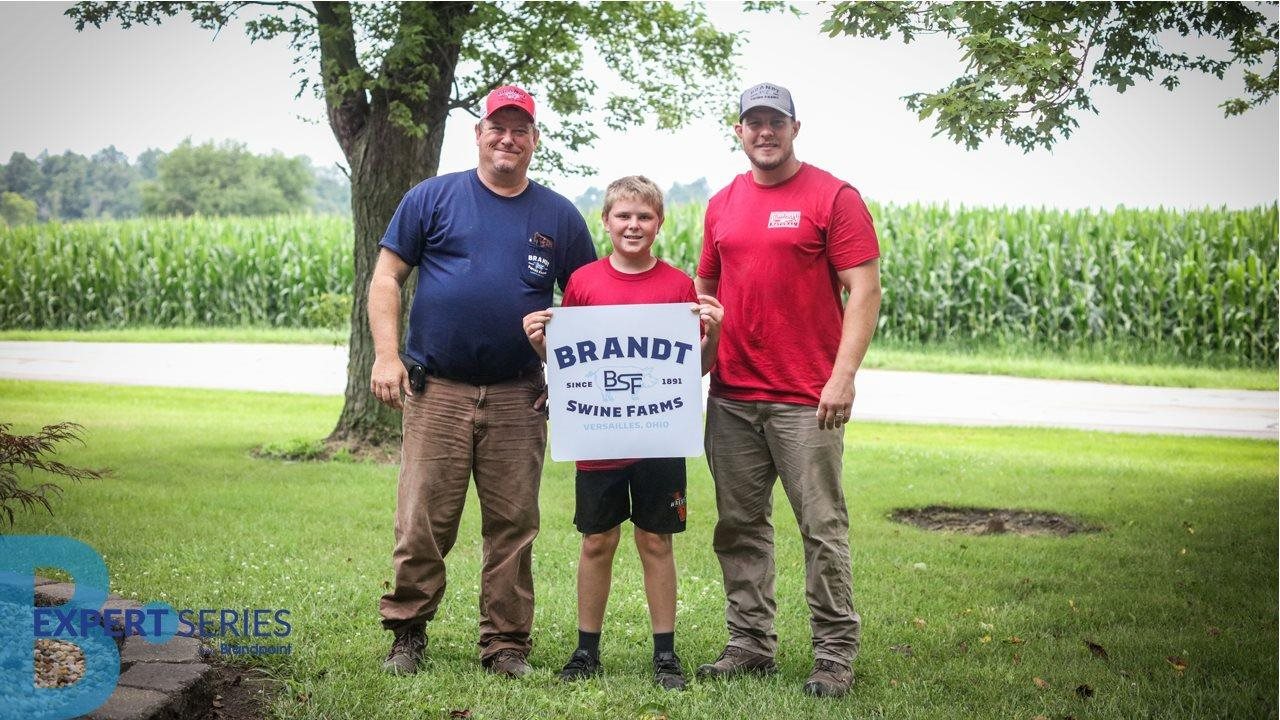
(BPT) – At a time when consumer interest in sustainability is changing how many companies make, source and distribute products, concern for the humane treatment of farmed animals is focusing shoppers’ attention on where their food comes from. In response to consumer demand, a new California law, Proposition 12 or The Farm Animal Confinement Initiative, aims to regulate better living conditions at farms producing eggs, veal and pork. While legal battles over the law are ongoing, many pork producers nationwide are preparing to comply. Because the California law impacts any farmers supplying products to that state, the law, if upheld by the Supreme Court, will have far-reaching effects.
For pork production, the law will determine how much space pregnant sows are provided. While many unfamiliar with pig farming may imagine a large outdoor pen with animals milling freely about, today’s pork production is a far different picture: To maximize efficiency, most farms keep pigs in small, rectangular metal cages (or “crates”), with pregnant sows completely unable to turn around, lie down and extend their legs. The Humane Society of the United States, among many other advocates, view this as inhumane. The law increases the current industry standard of 14 square feet per crate to a minimum 24 square feet for these approximately 500-pound animals, allowing them room to turn and lie down.
Farmer viewpoints
Some pig farmers not only agree with the new law’s concept, but are already complying. For example, Tim Brandt has raised hogs since 1987 on his family’s multi-generation Ohio farm founded in 1901. Originally, his family’s pigs lived in barns with straw-bedded pens, moving freely inside and out. However, this changed when the industry began transitioning to hog barns filled with metal crates and slatted floors for breeding sows over the next decade. While this practice was implemented to increase output and lower labor costs, Brandt noticed how stressed his pigs became — and they produced fewer piglets.
“I totally regretted it,” Brandt said.
He began farming with Coleman Natural Foods, and when the brand committed to sourcing crate-free pork from its suppliers in 2017, that encouraged Brandt to return to 100% crate-free. He housed sows in social groups of 50 — and hasn’t looked back.
“I wanted to prepare the farm for future generations. By joining Coleman, I felt confident we would be prepared for a sustainable future,” said Brandt. “We know this results in happier pigs and overall better meat. It’s not the easy way, but it’s important not only to my family, but to today’s consumer.”
Some companies like Coleman Natural Foods are meeting consumer demand while also doing what they feel is right. They ensure that animals are treated humanely, that they’re fed an all-vegetarian diet, and not given growth hormones or antibiotics. Coleman, a pioneer in the natural meat industry, was one of the first national pork companies to source hogs raised 100% crate-free.
Humane treatment brings advantages
Farmer Jared Schilling, who raises about 40,000 market hogs per year in his third-generation Illinois farm, said his family anticipated gaining a competitive edge by changing their operation to give pigs more space. His family runs their 5,000-acre farm with hogs and beef cattle, plus corn, soybeans and wheat — all used for animal feed. The animals on his farm are raised in an environment designed for better health and comfort. The tactic has been successful, as he can now access premium prices by selling his animals to Coleman.
“All the animals in the food chain deserve respect and gratitude by being raised a certain way,” said Schilling. “And we’re just like the average consumer. We want to know where our food comes from, we want healthy, safe, delicious food — and we want the animals to be humanely raised and to have a positive impact on the community and the environment.”
Learn more about the humane treatment of farmed animals at ColemanNatural.com. And, look for products like Coleman Natural that have clear labels that say 100% crate free.
